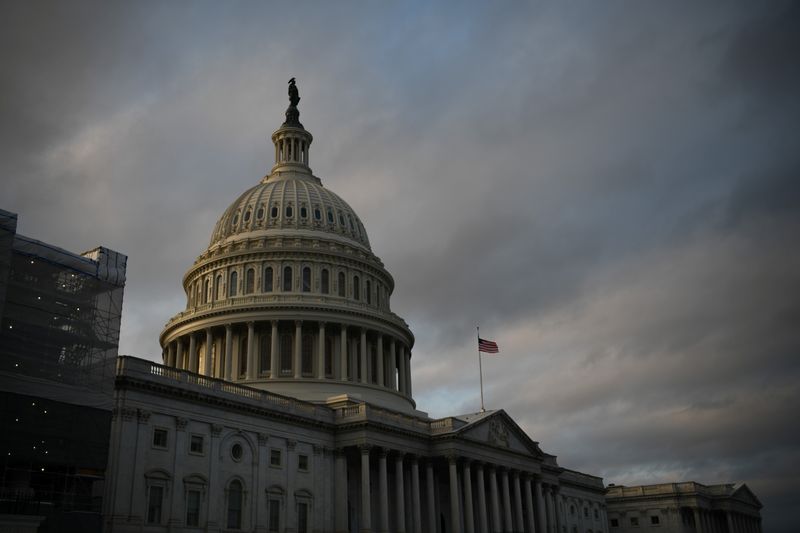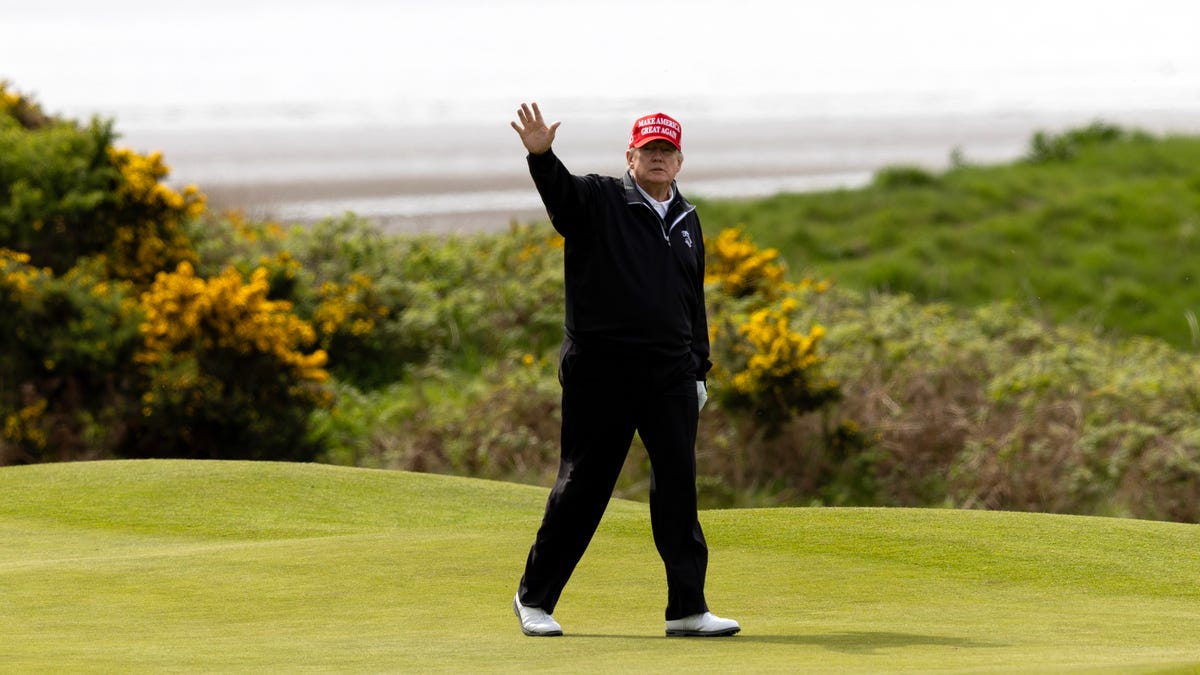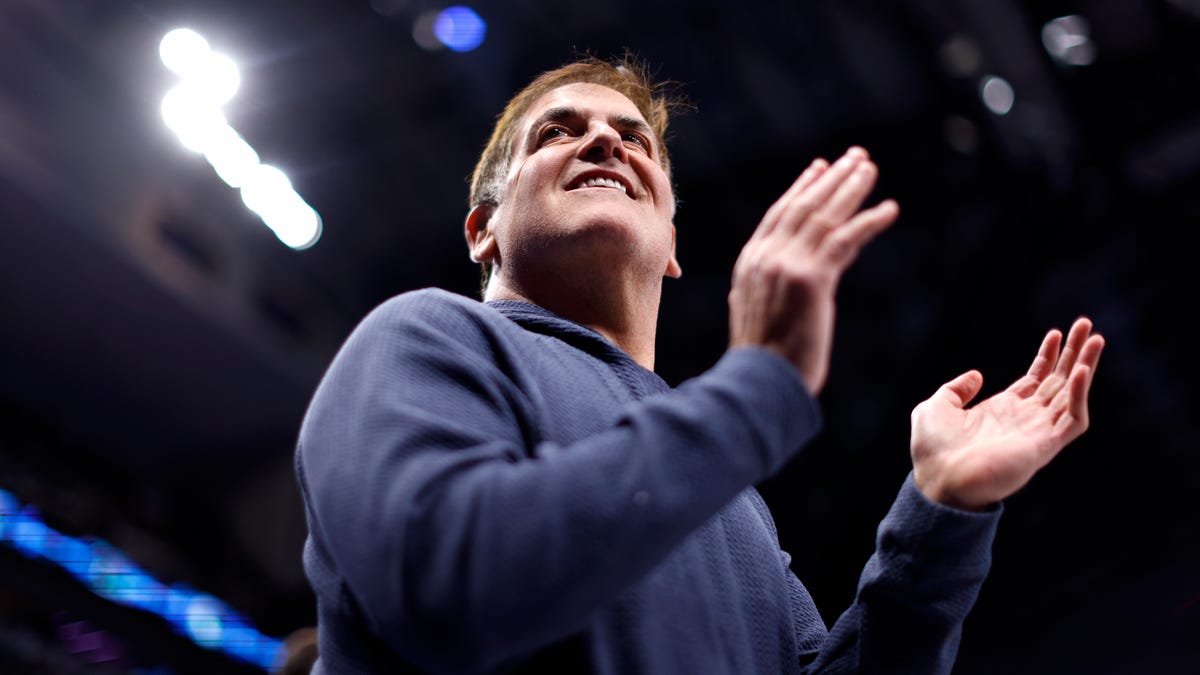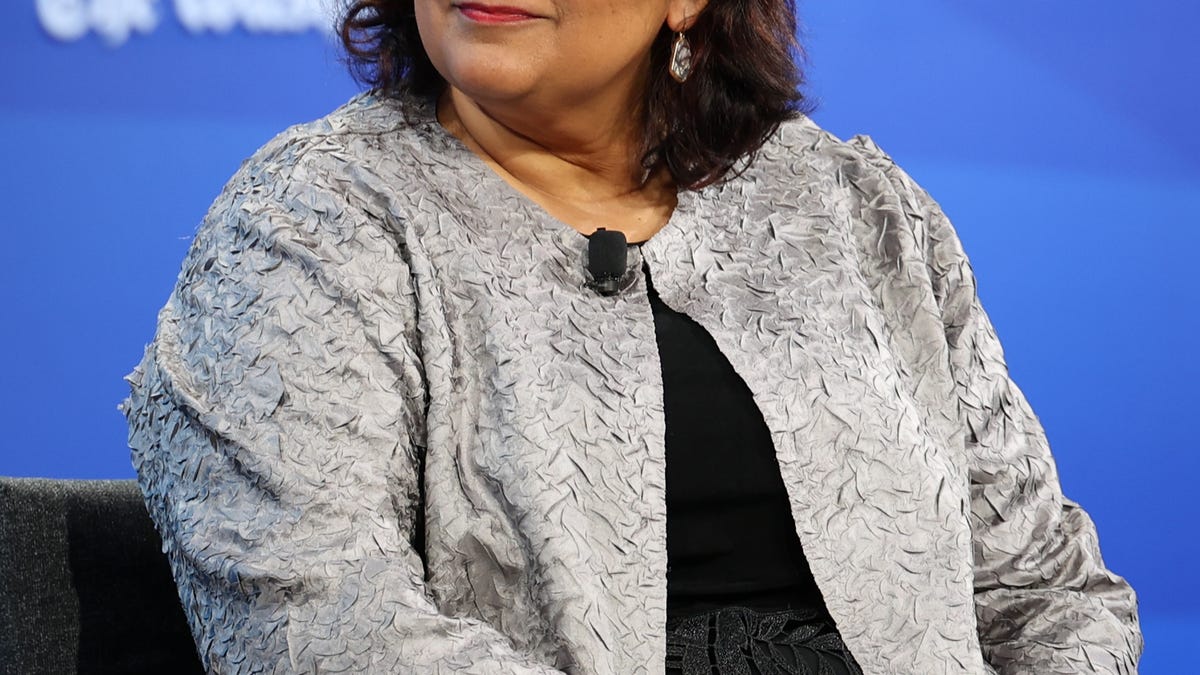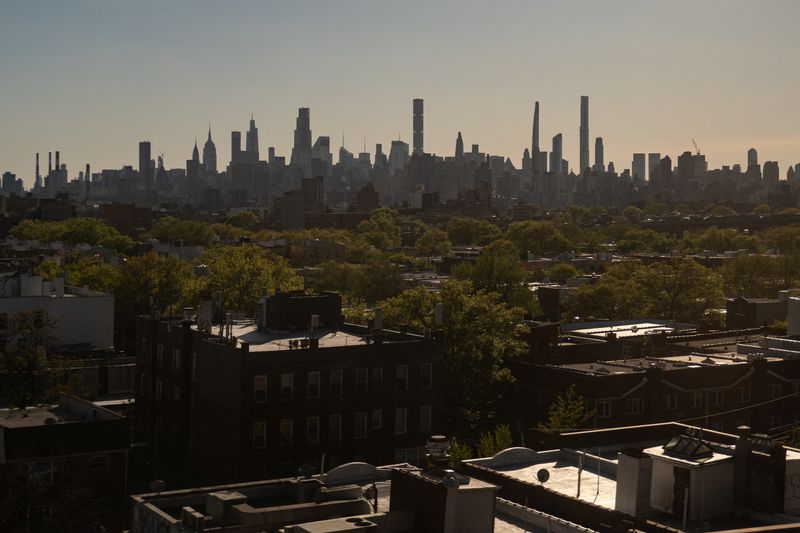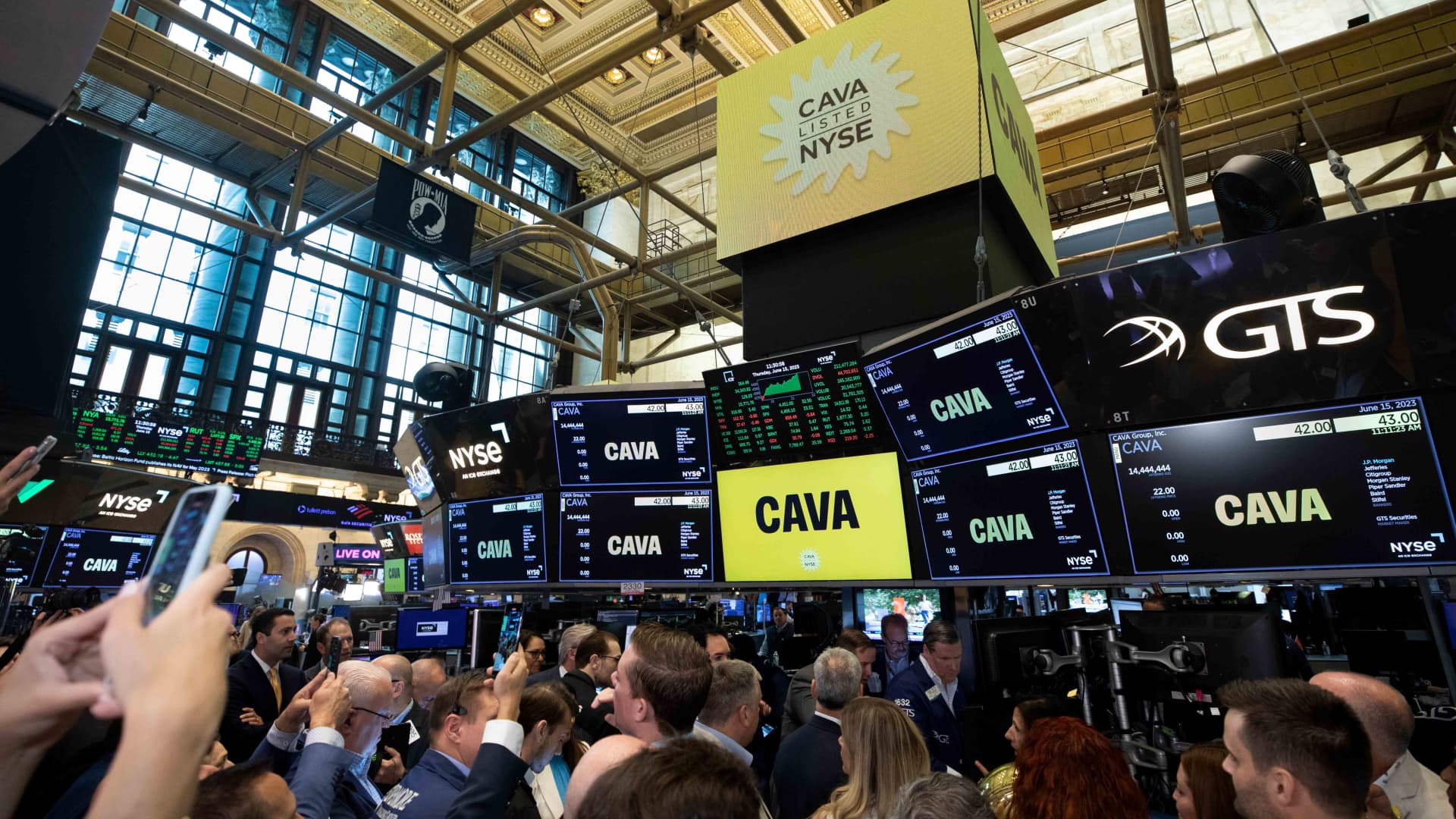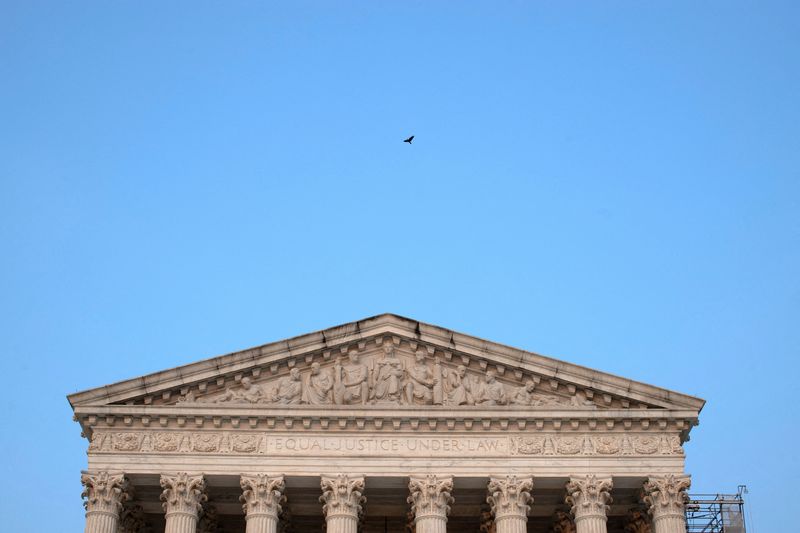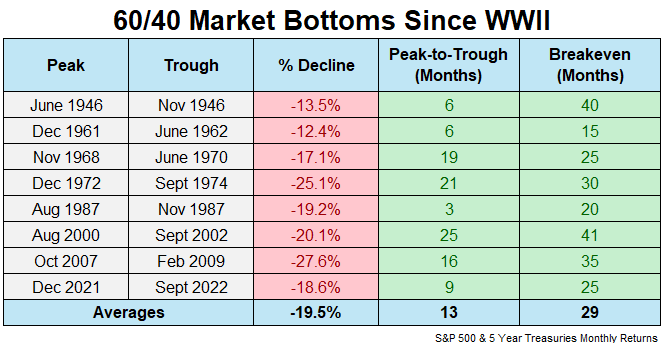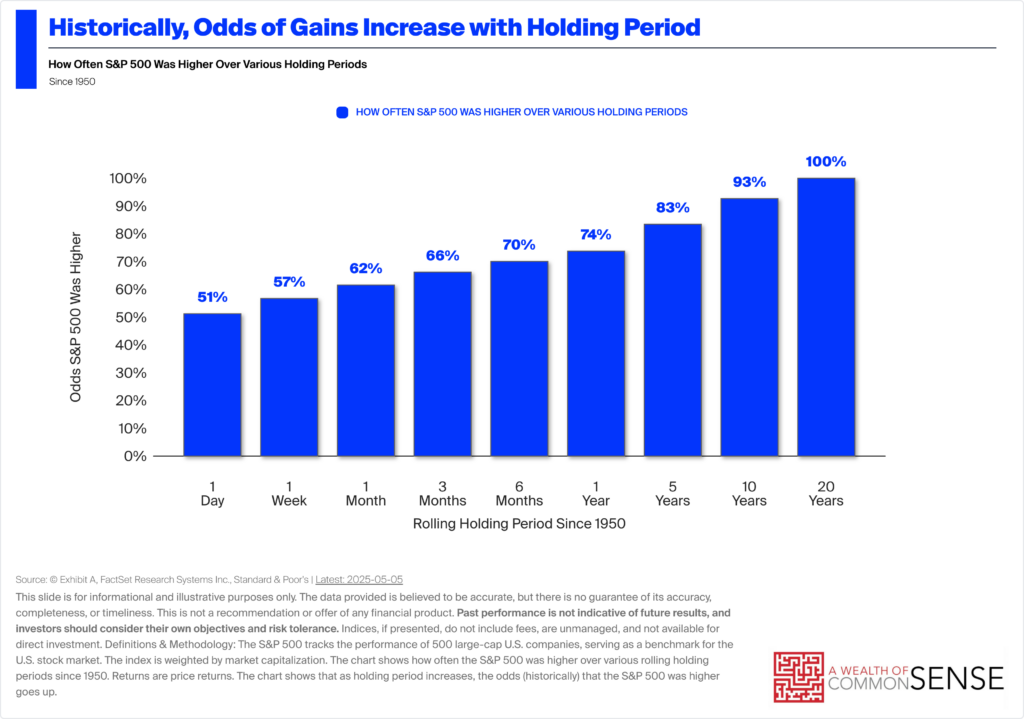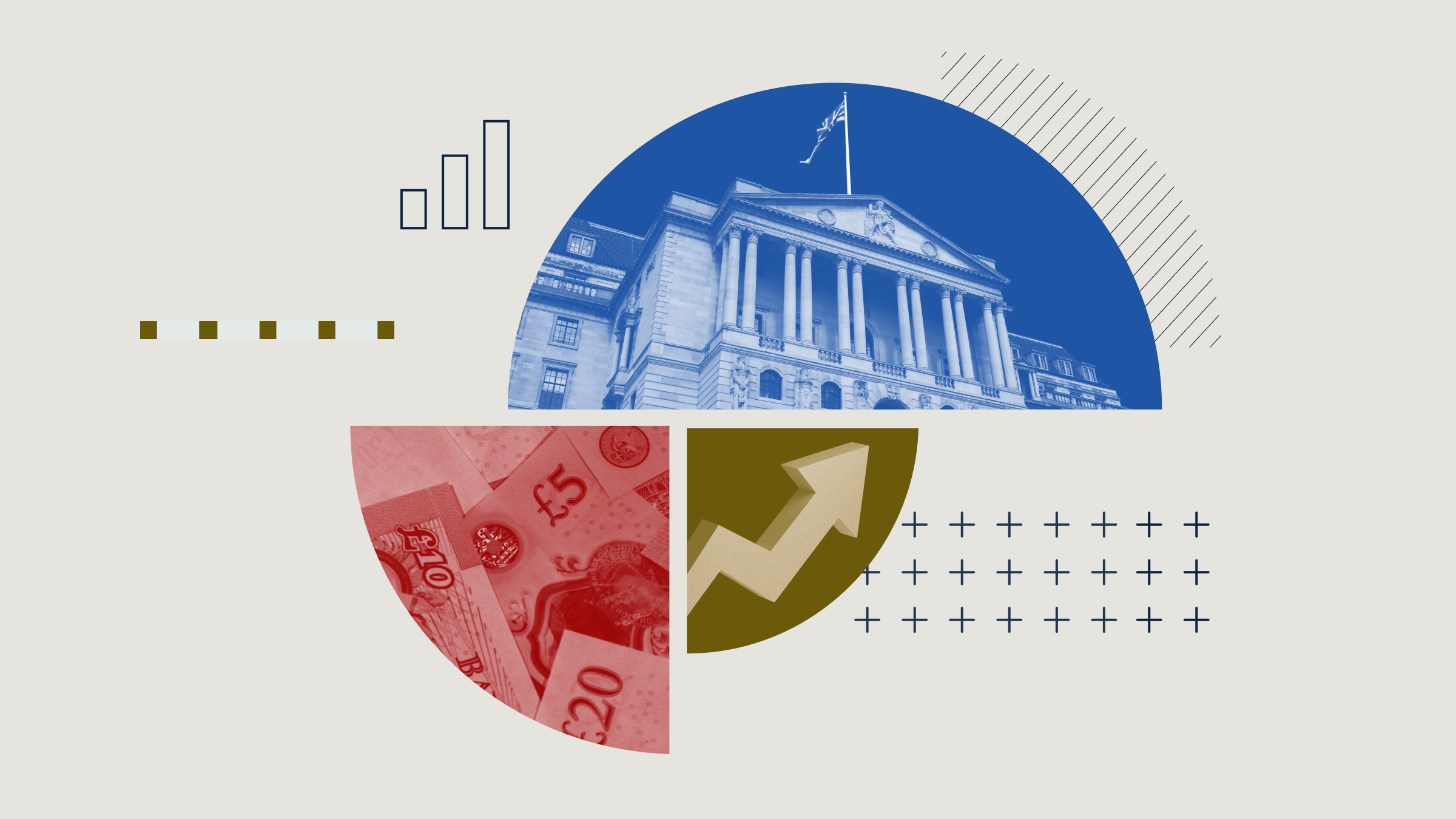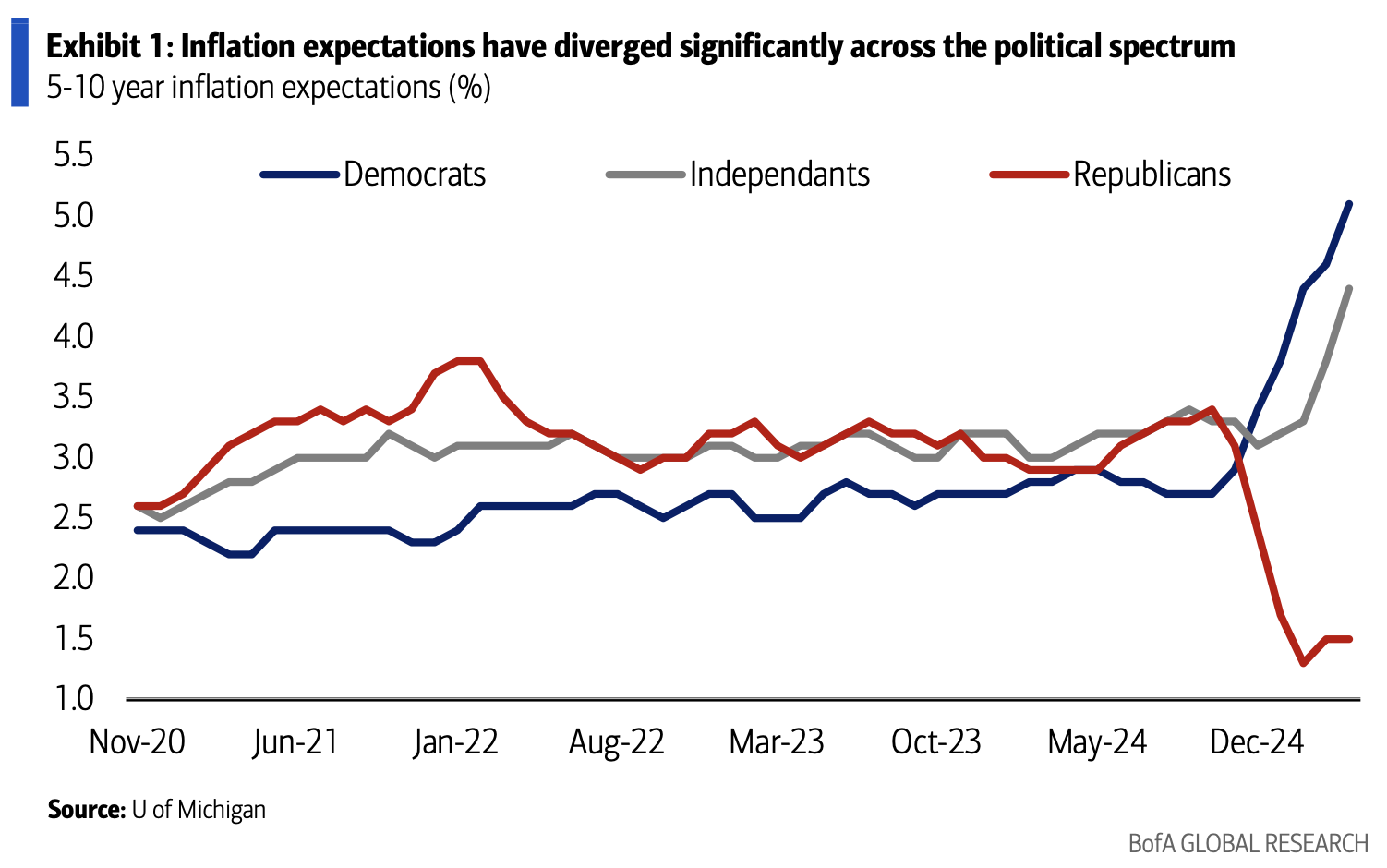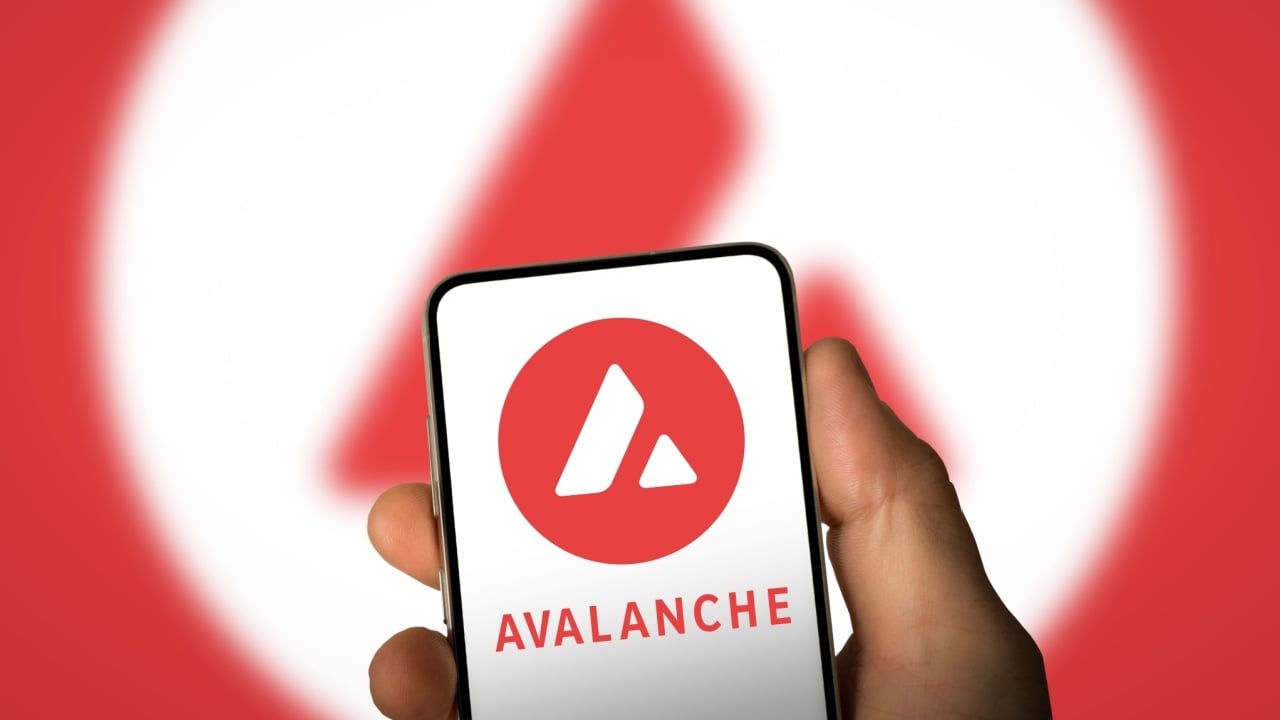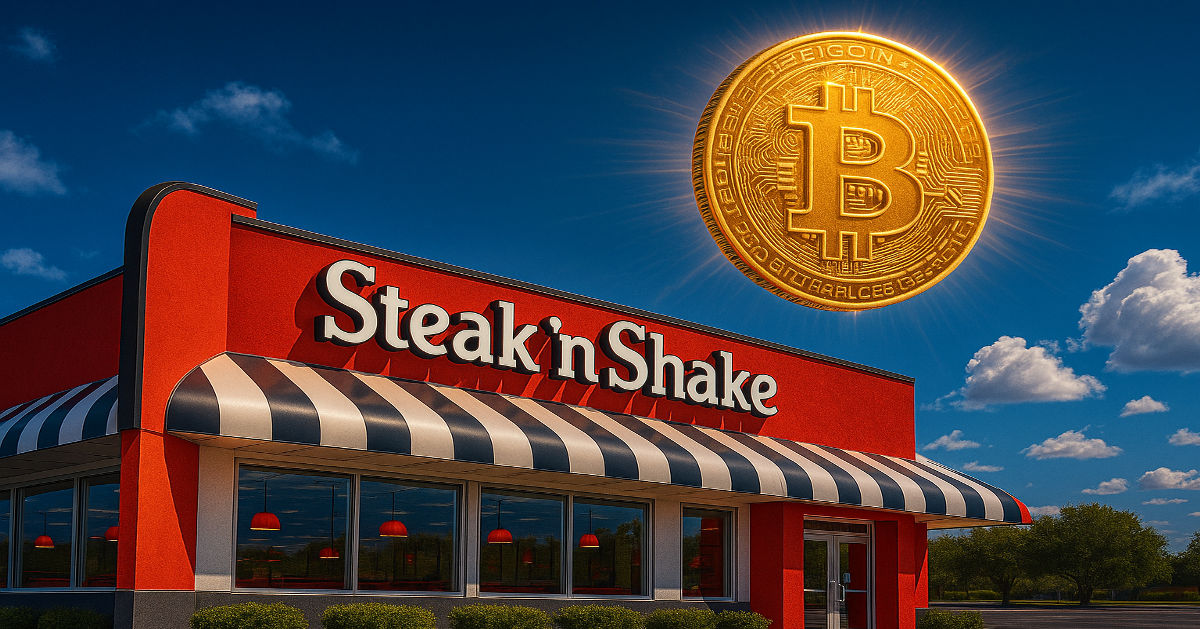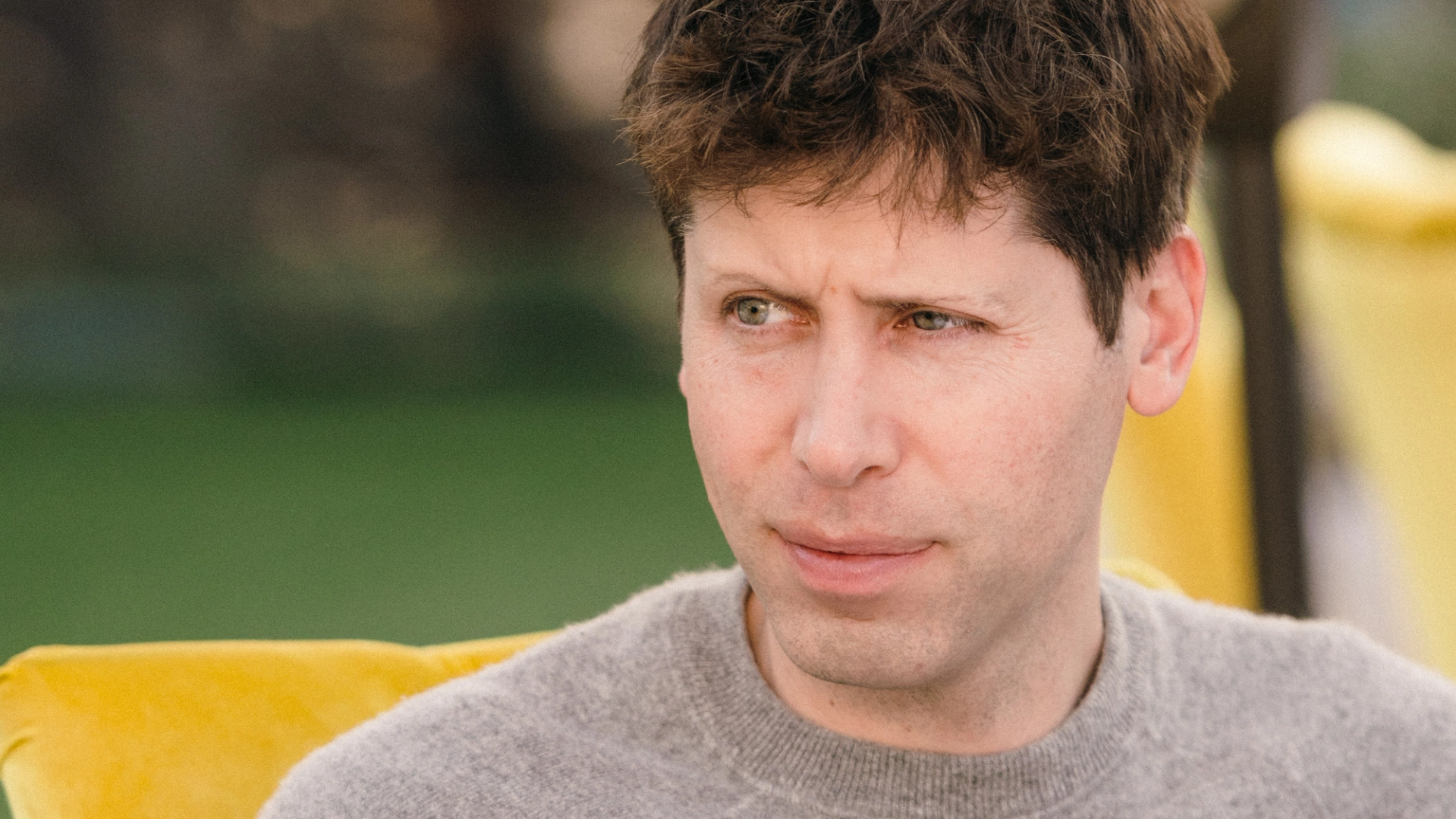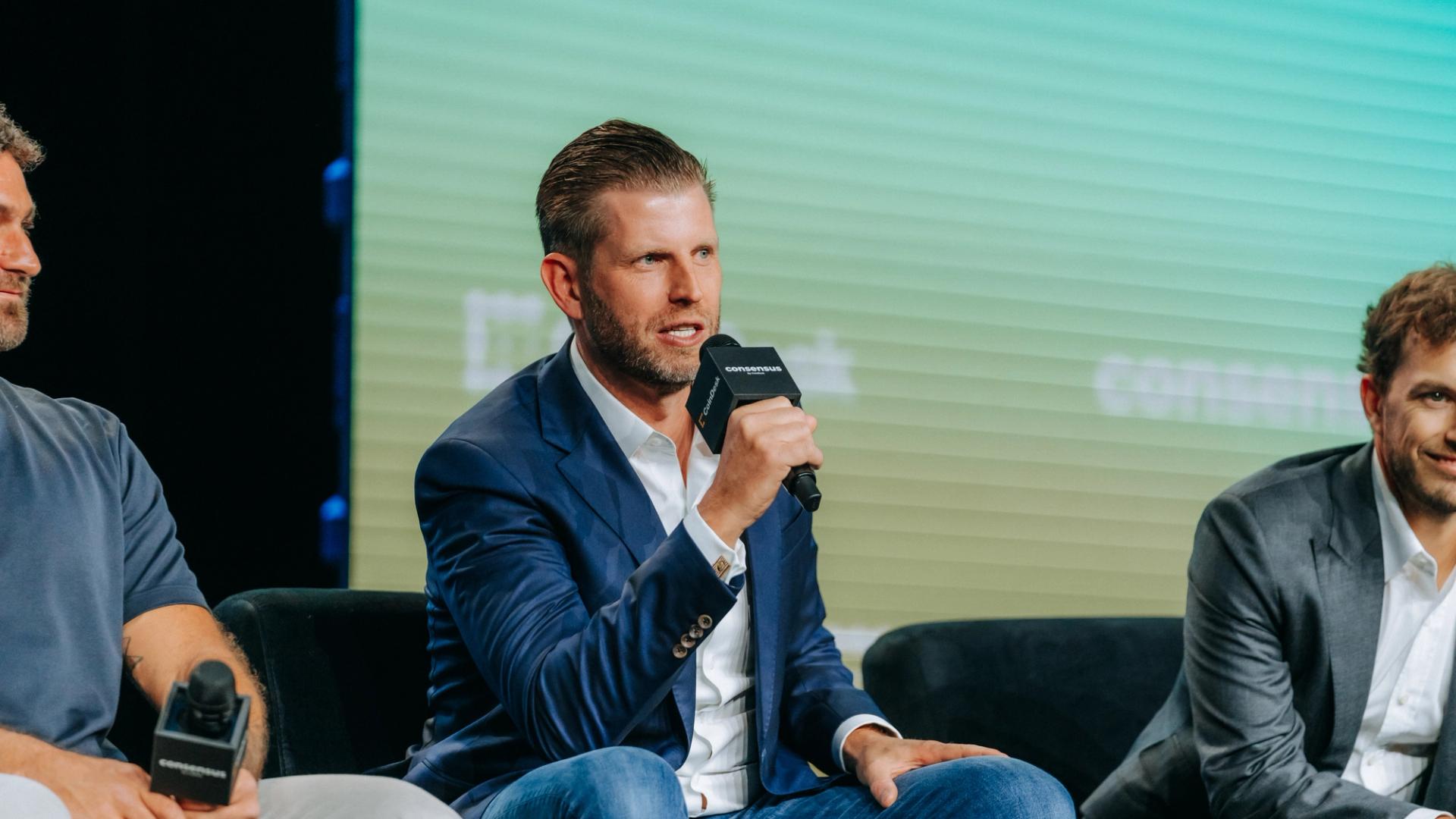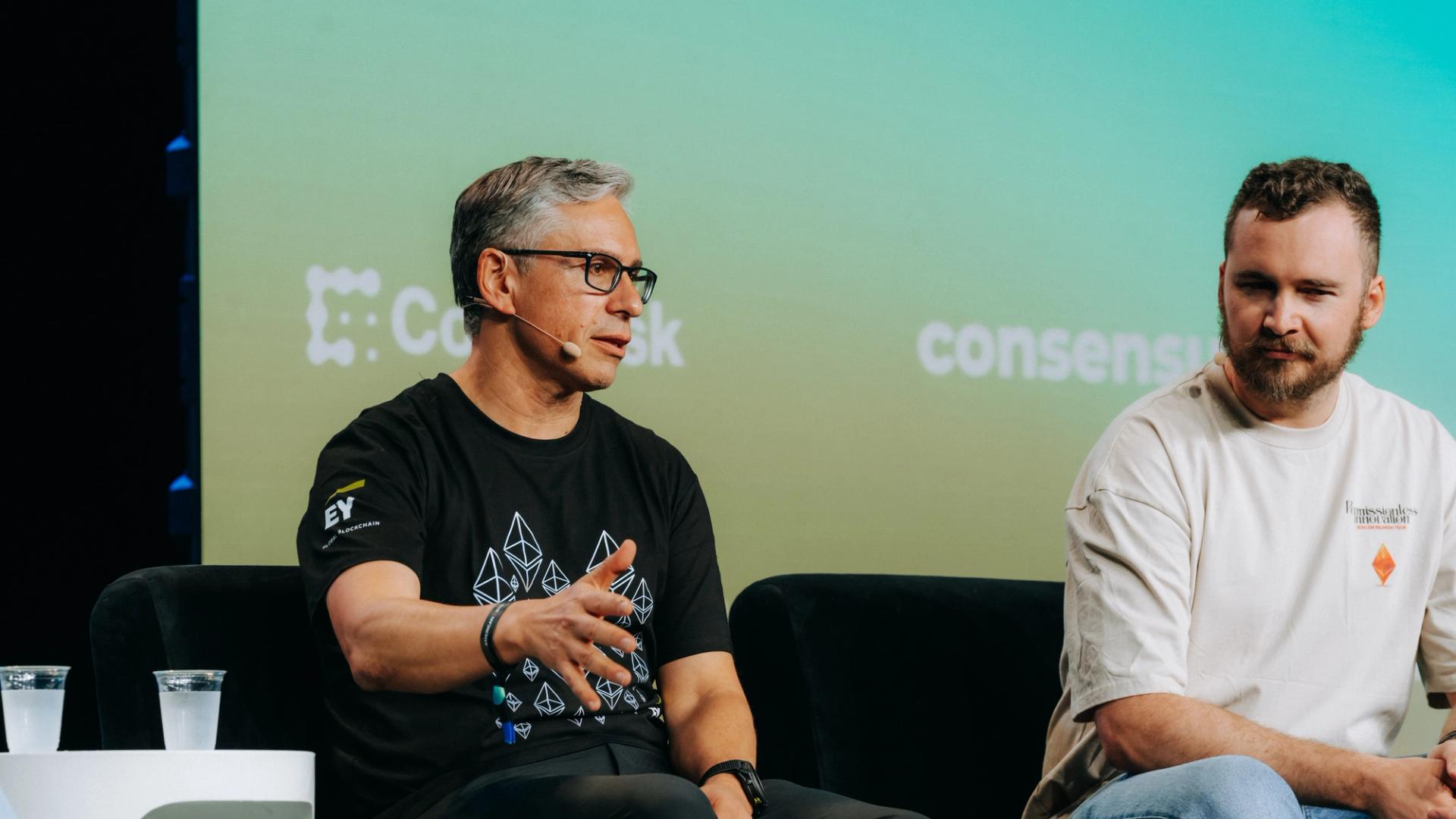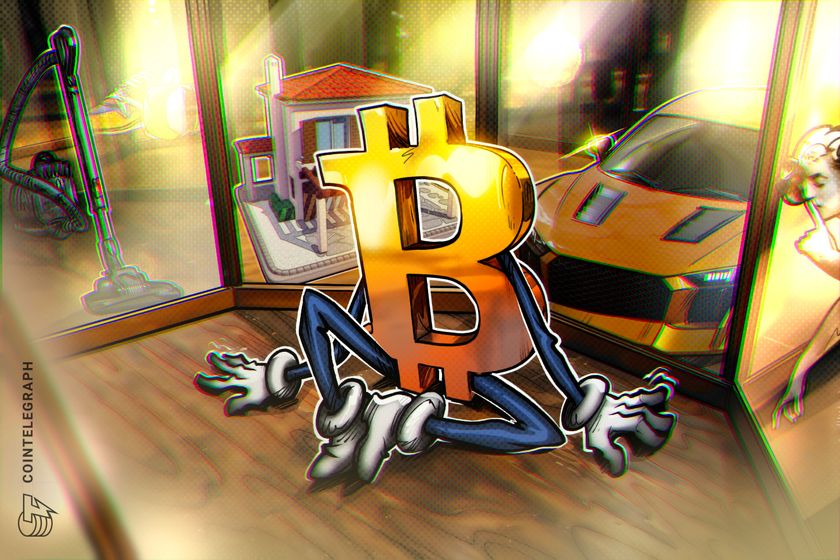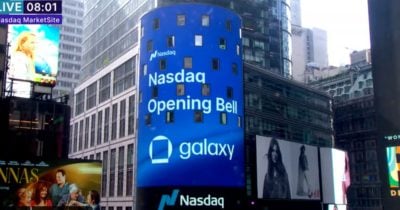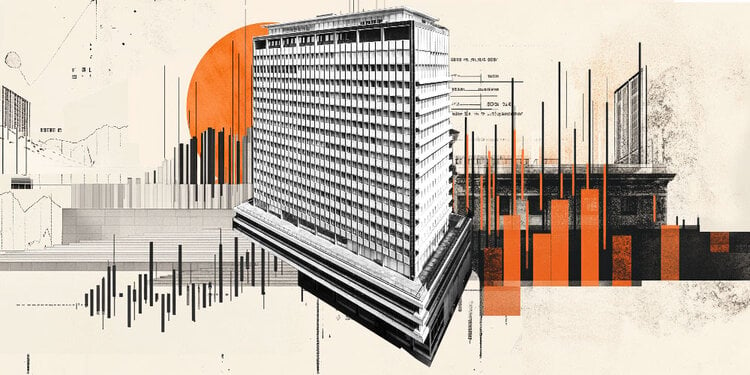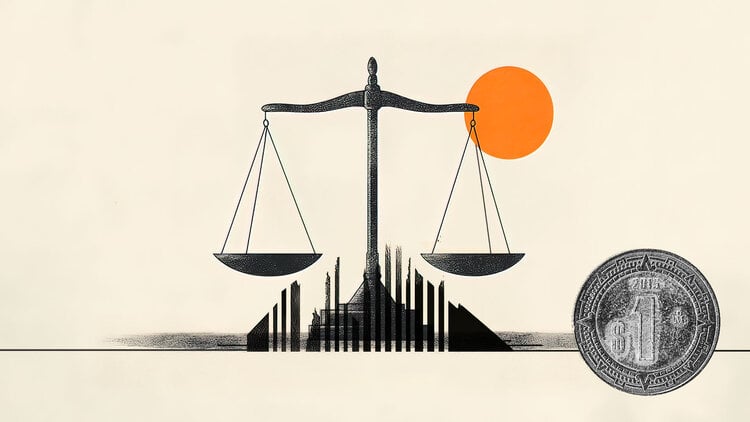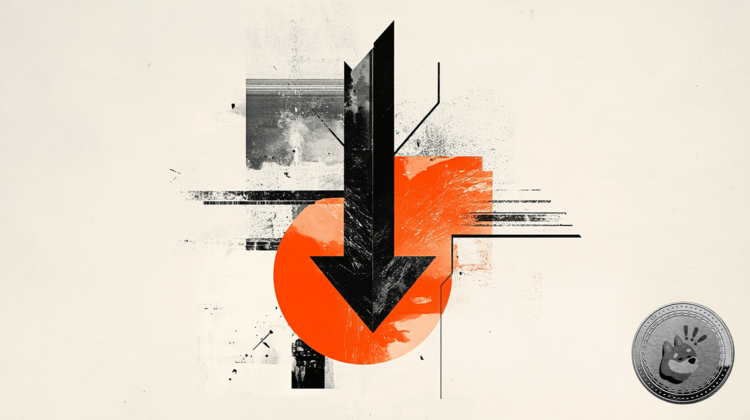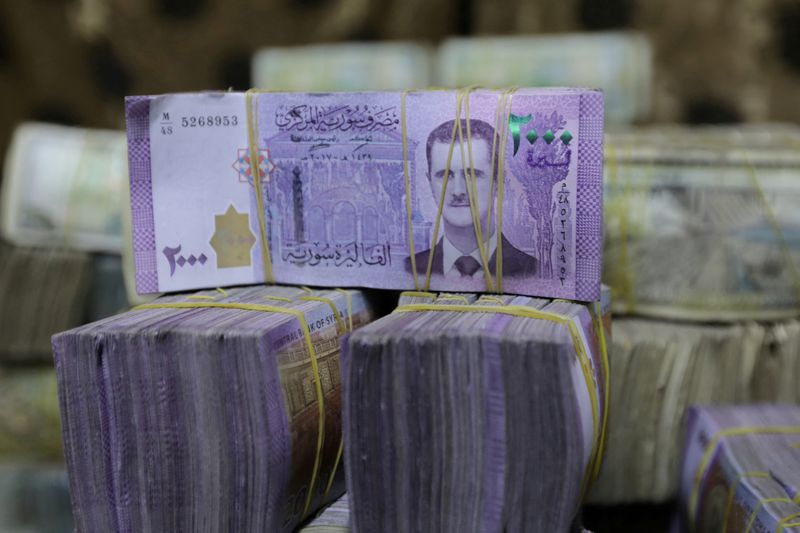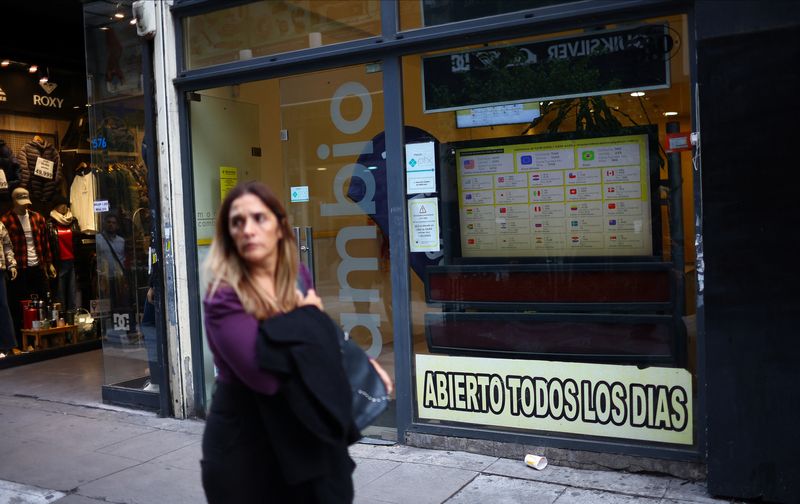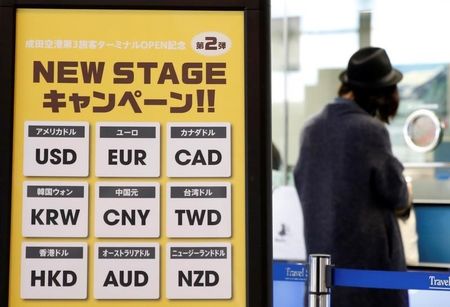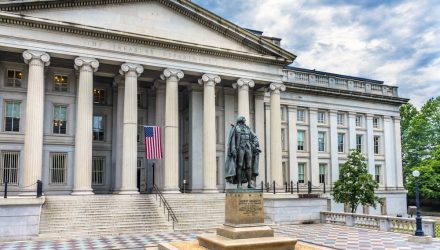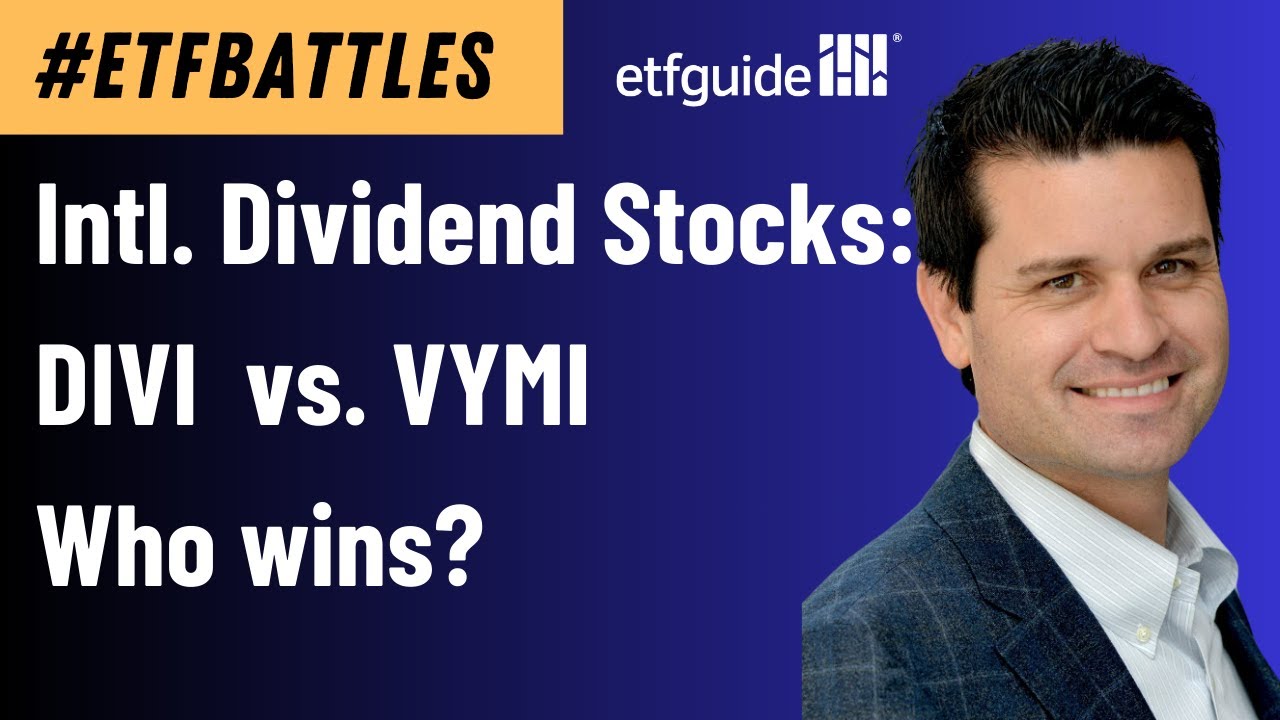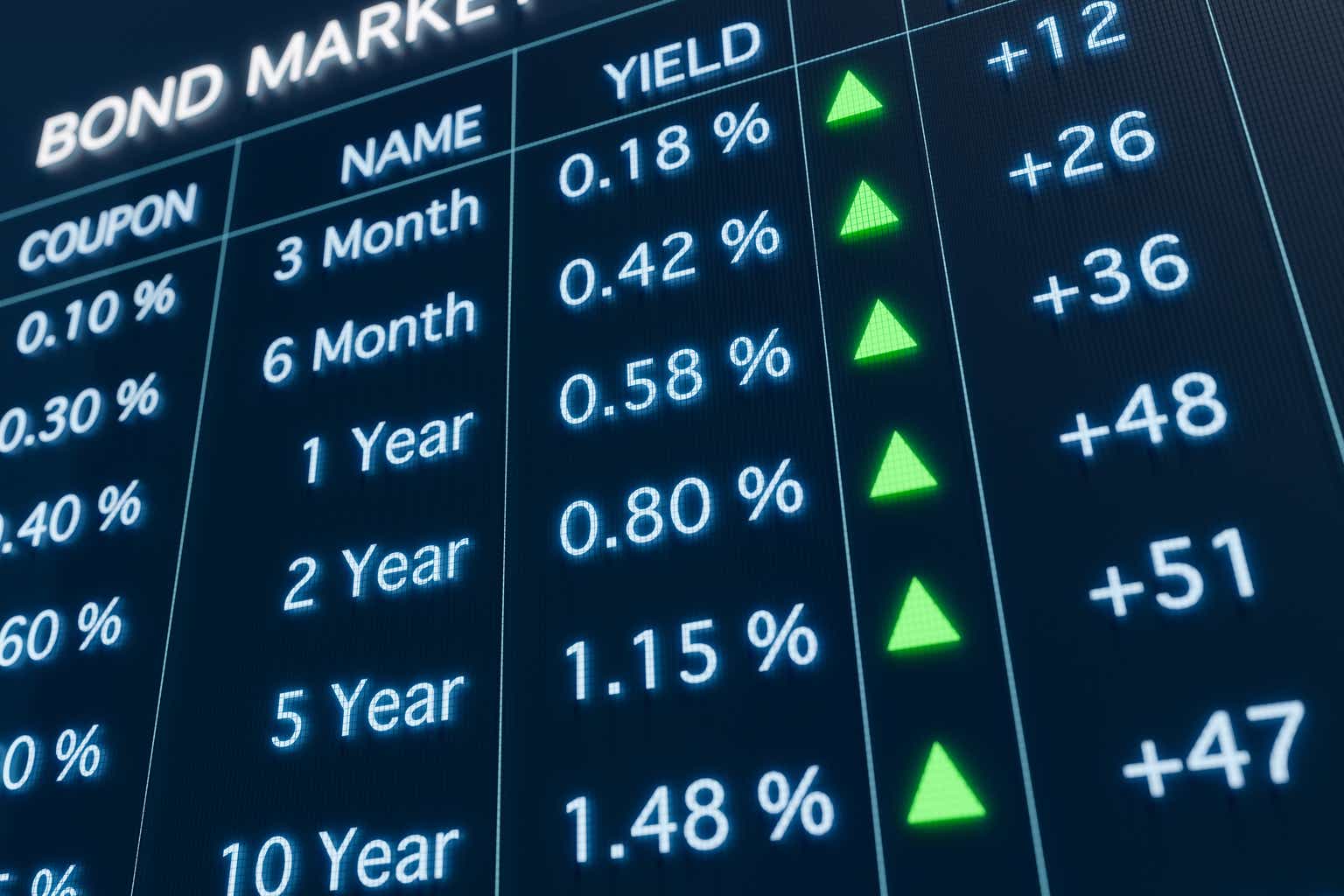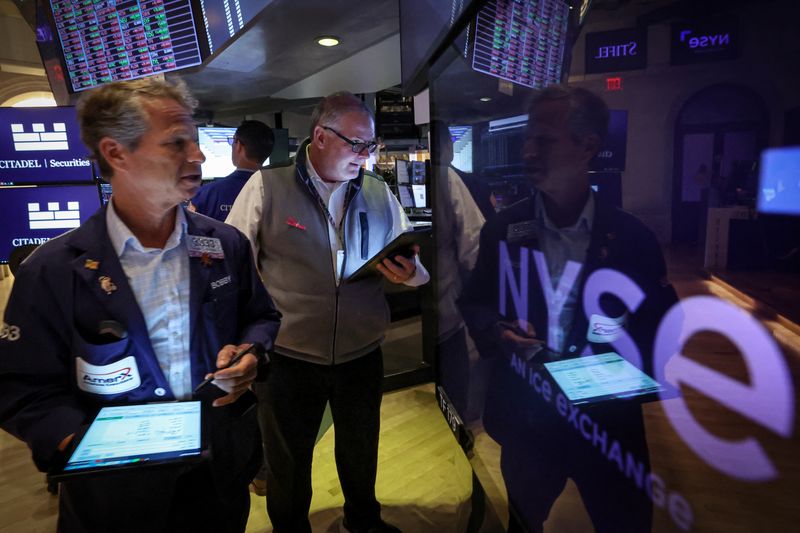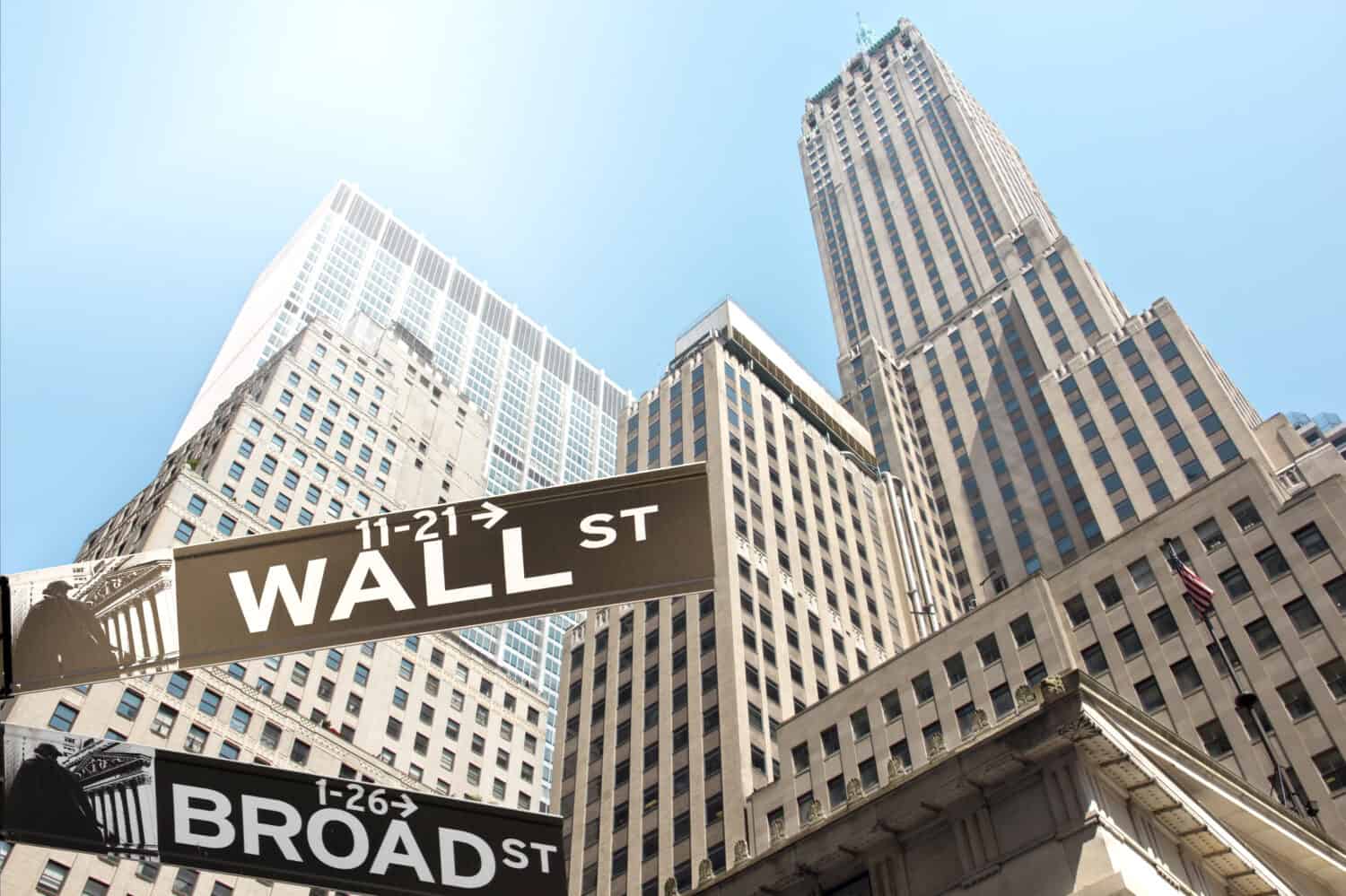Michael Burry Predicted The Housing Market Crash and Just Sold His Portfolio and Shorted The Market Again
Michael Burry is a hedge fund manager renowned for founding Scion Capital and predicting the 2008 subprime mortgage crisis. His foresight, detailed in Michael Lewis’s The Big Short, which was made into an Oscar-winning film, earned him $100 million personally and $700 million for investors by shorting mortgage-backed securities. Burry’s contrarian approach, rooted in meticulous […] The post Michael Burry Predicted The Housing Market Crash and Just Sold His Portfolio and Shorted The Market Again appeared first on 24/7 Wall St..
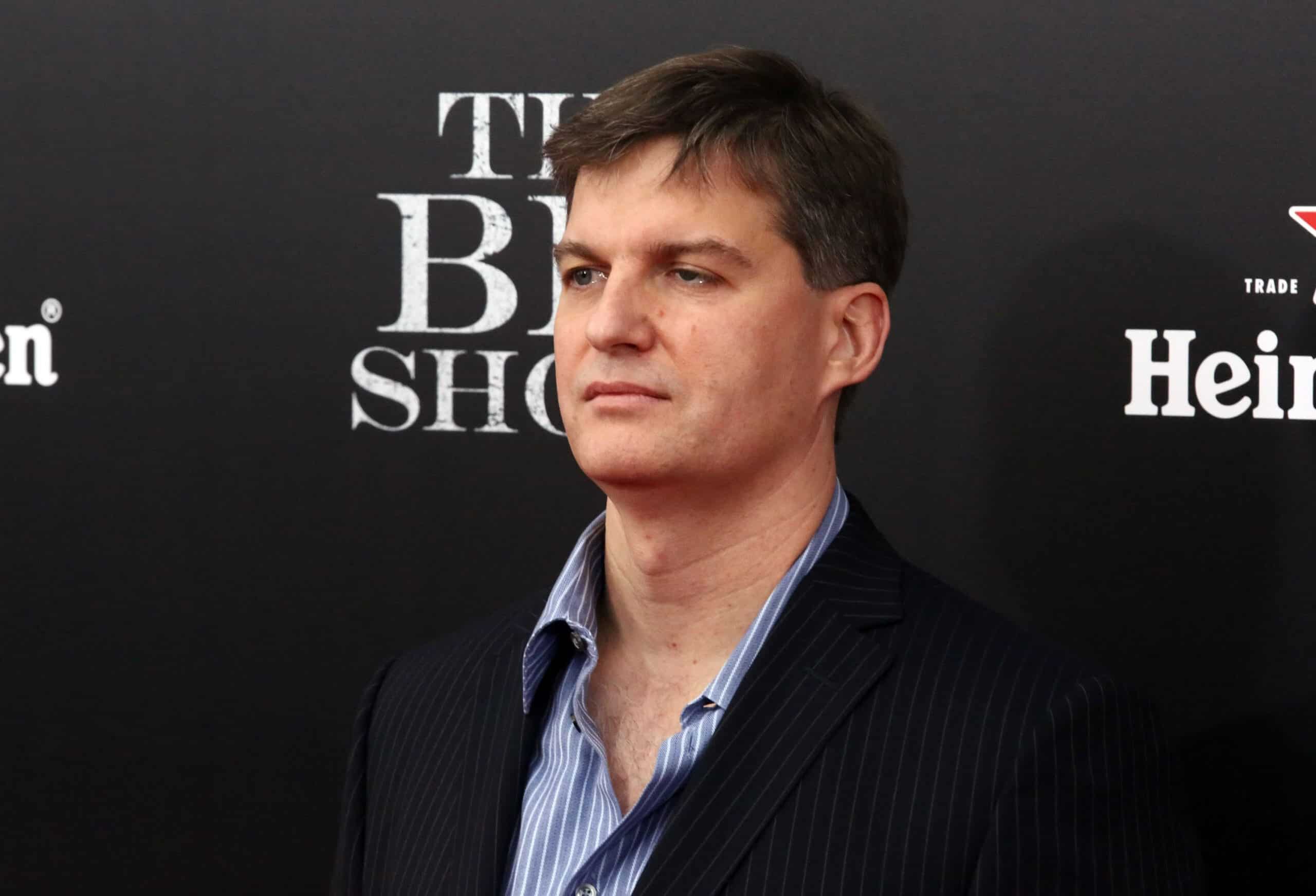
Michael Burry is a hedge fund manager renowned for founding Scion Capital and predicting the 2008 subprime mortgage crisis. His foresight, detailed in Michael Lewis’s The Big Short, which was made into an Oscar-winning film, earned him $100 million personally and $700 million for investors by shorting mortgage-backed securities.
Burry’s contrarian approach, rooted in meticulous research and value investing inspired by Benjamin Graham, also sparked the GameStop (NYSE:GME) meme stock frenzy in 2021 through early investments. Known for spotting market bubbles, he has warned of risks in passive investing and inflation.
His renamed Scion Asset Management hedge fund just filed its latest quarterly report, and Burry made headlines again because he sold 12 of the 13 stocks in his $77.4 million portfolio, including stakes in Alibaba (NYSE:BABA) and Molina Healthcare (NYSE:MOH). More to the point, Burry is once again aggressively shorting the market.
24/7 Wall St. Insights:
-
Michael Burry runs the Scion Asset Management hedge fund who gained fame for shorting the housing market during the subprime mortgage debacle in 2008.
-
Burry made a number of big bets on Chinese tech stocks that he started turning bearish on late last year.
-
In Scion’s latest SEC filing, it showed Burry went extremely negative by selling off virtually all of his stocks and buying put options on many of them.
-
Nvidia made early investors rich, but there is a new class of ‘Next Nvidia Stocks’ that could be even better. Click here to learn more.
Going Negative
Burry’s portfolio is typically fairly concentrated. Where many hedge funds hold dozens, if not hundreds of stocks, Scion Asset held just a baker’s dozen. In addition to Alibaba and Molina, Burry also owned several large positions in Chinese stocks, including e-commerce site JD.com (NASDAQ:JD), search engine giant Baidu (NASDAQ:BIDU), and PDD Holdings (NASDAQ:PDD), the owner of online shopping platforms Temu and Pinduoduo.
The sale of these companies suggests Burry had become more bearish, but not necessarily on the U.S. market. Rather, it is on China’s economy that his outlook became more pessimistic.
He actually began selling down most of his Chinese holdings late last year, but he didn’t move to a cash position. Instead, he began betting heavily against them by buying put options on the stocks, also betting Trip.com (NASDAQ:TCOM), a Chinese online travel agent, would go down as well.
A Bet Against Tech
There was one U.S. company that Burry went negative on as well: Nvidia (NASDAQ:NVDA). In fact, the put options he holds on the artificial intelligence chipmaker are the largest position in Scion’s portfolio now, valued at over $97.5 million and accounting for 49% of the portfolio. Alibaba is the next closest position with a $26.4 million value, or 13% of the total.
A put option is a financial contract giving the buyer the right, but not the obligation, to sell the underlying asset (in this case, the stock) at a specified price called the strike price before or on a set expiration date.
Investors use puts to hedge against price declines or speculate on falling markets. If the asset’s price drops below the strike price, the buyer can sell at the higher strike, profiting from the difference. If the price rises, the buyer may let the option expire, losing only the premium paid. Puts are key tools for managing risk or betting on bearish trends.
Delayed Reaction
Because 13F-HR filings — the equivalent of a quarterly report for institutional investment managers — are looking in the rearview mirror, they only tell us what happened in the past. In Scion Asset Management’s case, it reflects its first quarter activity.
All of these trades could have occurred in early January, and despite only just filing the report, Burry’s portfolio could look markedly different today.
For example, Alibaba’s stock tumbled sharply in March and early April, before bouncing higher again. BABA stock is up 47% so far in 2025. Both JD.com and Baidu followed a similar pattern, though not to the same degree. JD stock is down 3% year-to-date while BIDU is up 6%.
Although the Chinese stocks rallied early in the year due to the DeepSeek AI breakthrough development, its purported low-cost challenge to large language models caused Nvidia to plunge. Nvidia suffered the steepest decline, falling as low as $86 a share, or 30% below where it started the year, before rebounding. It is essentially flat in 2025, having surged 55% from its low point. Burry may have sold all of his put options on these stocks when their prices were below the strike price.
Key Takeaway
It’s interesting that Burry sold all the stocks in his portfolio, except one. The hedge fund operator held onto his position in cosmetics giant Estee Lauder (NYSE:EL), and actually doubled his stake in its stock, buying another 100,000 shares for a total value of $13.2 million. Yet Burry bet so heavily against the Chinese stocks that EL now represents less than 7% of Scion Asset Management’s holdings, whereas before it represented nearly 10%.
This is not the same as Burry’s Big Short bet 17 years ago that brought him fame and fortune, but his moves last quarter were notable because of their obvious negative implications for China.
The post Michael Burry Predicted The Housing Market Crash and Just Sold His Portfolio and Shorted The Market Again appeared first on 24/7 Wall St..





